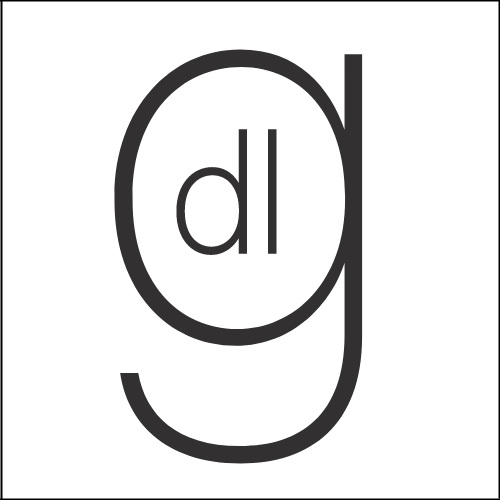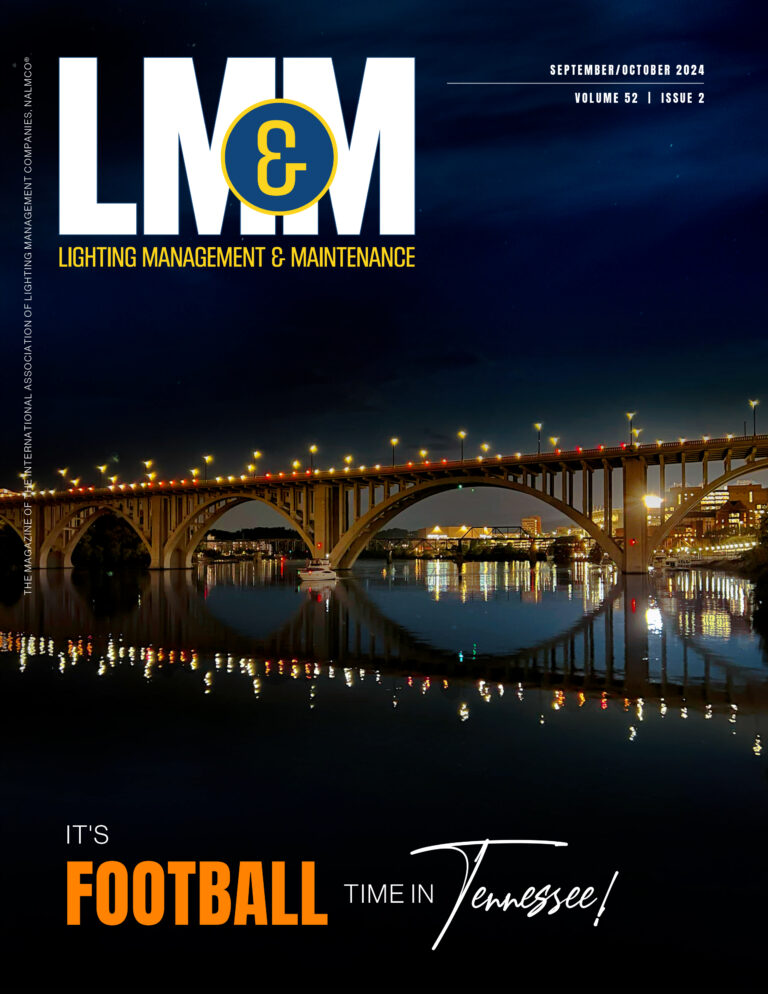ams OSRAM Reports EUR 881M Revenue and Upsizes Strategic Savings Program
ams OSRAM reported solid third-quarter results, posting EUR 881 million in revenue, aligned with its forecast. The company achieved an adjusted EBITDA margin of 18.8%, surpassing its midpoint guidance, and generated a positive free cash flow of EUR 188 million. In response to ongoing market challenges, ams OSRAM expanded its strategic savings program, “Re-establish the Base,” adding another EUR 75 million, raising its savings target to EUR 225 million by 2026.
Q3/2024 Financial Highlights
ams OSRAM’s third-quarter revenues were driven by semiconductor growth, contributing EUR 647 million, a steady result compared to the same period last year. Adjusted EBIT stood at EUR 82 million, yielding a 9.3% operating margin, while adjusted EBITDA reached EUR 166 million, buoyed by non-recurring engineering (NRE) revenue. Operating cash flow remained strong at EUR 246 million, and the company reported a net cash position of EUR 1.1 billion.
Expanded Efficiency Program: “Re-establish the Base”
Launched in July 2023, “Re-establish the Base” has already delivered EUR 85 million in savings, exceeding initial targets. Given market volatility, ams OSRAM added another EUR 75 million to the program, aiming for EUR 225 million in savings by 2026. This expansion will impact 500 non-production employees, with about one-third of roles moving to cost-efficient regions.
CEO Aldo Kamper highlighted, “Our accelerated implementation of ‘Re-establish the Base’ reflects the need for increased savings amid continued market volatility. These expanded savings will help us stay profitable while growing our core semiconductor markets.”
Strategic Focus on Semiconductor Growth
According to its revised mid-term operating model, ams OSRAM targets annual semiconductor growth of 6% to 10% from 2024 to 2027. By refocusing on its core semiconductor portfolio, the company aims for an adjusted EBITDA margin of 20% to 24% by 2027, with a CAPEX-to-sales ratio of 8%. ams OSRAM has largely exited its non-core semiconductor business, which represented a significant revenue portion but no longer aligns with its strategic priorities.
Segment Performance and Market Dynamics
- Opto Semiconductors (OS): Q3 revenue for this segment reached EUR 381 million, driven by NREs for LED technology. This segment posted an adjusted EBITDA margin of 23%.
- CMOS Sensors and ASICs (CSA): Revenues for the CSA segment rose 19% from the previous quarter, reaching EUR 266 million. New sensor products for consumer devices fueled this growth, doubling adjusted EBITDA to EUR 48 million.
- Lamps & Systems (L&S): Comprising 27% of total revenue, the L&S segment saw a slight year-over-year dip due to discontinued OEM products but maintained a 16% adjusted EBITDA margin.
Outlook and Future Growth
ams OSRAM anticipates fourth-quarter revenue in the range of EUR 810 million to EUR 910 million, reflecting a seasonal slowdown. The company foresees a softer start in 2025, particularly in the automotive sector, but remains optimistic about growth in its core semiconductor portfolio. Positive free cash flow remains a target for both 2024 and 2025.
For further information and a detailed Q3 investor presentation, please visit ams OSRAM’s website.






